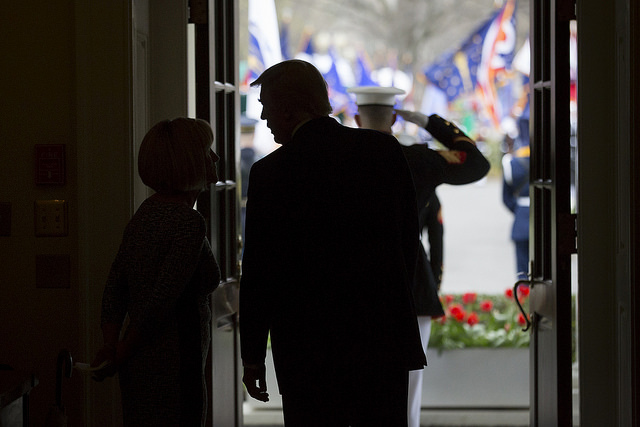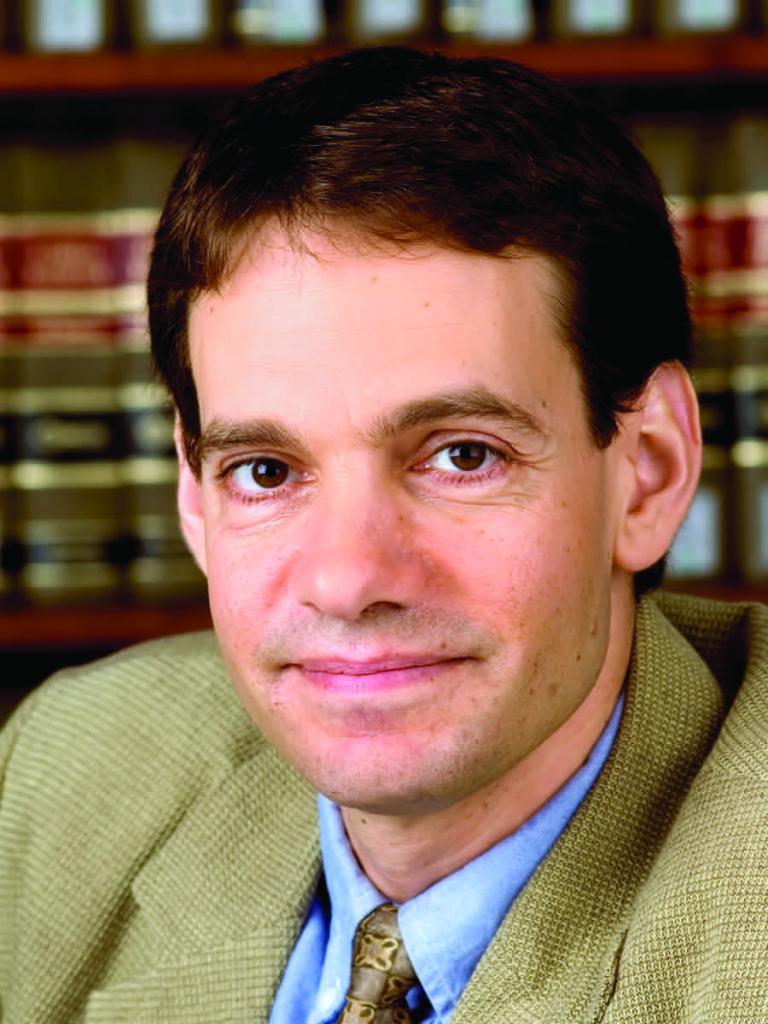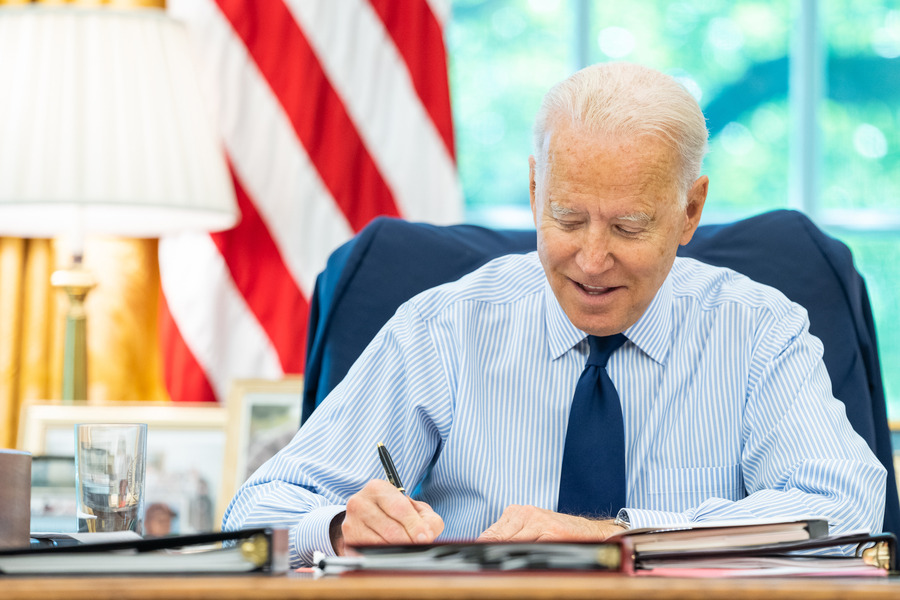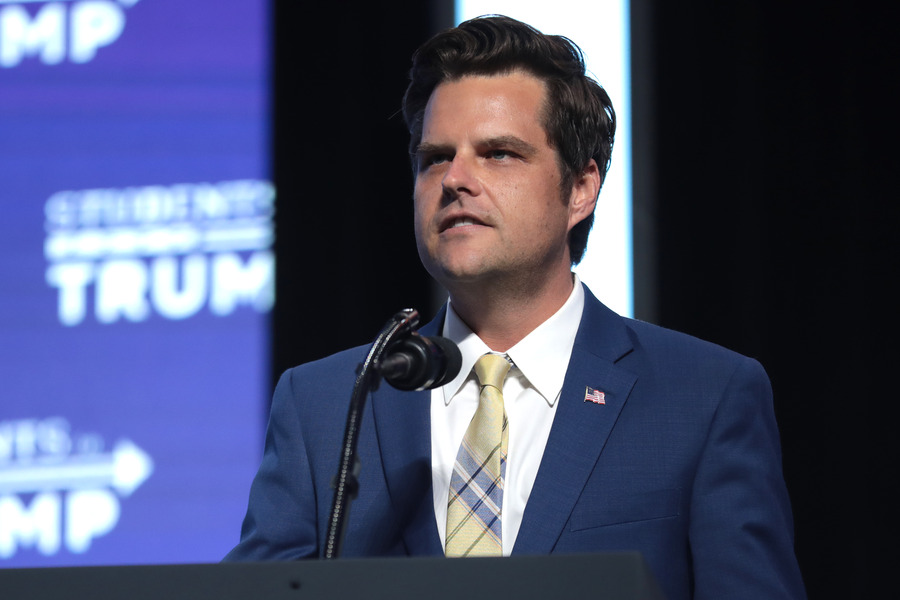All the President's Defenses
President Trump’s lawyers have submitted two memos to Special Counsel Robert Mueller challenging potential obstruction of justice charges against the President.

Published by The Lawfare Institute
in Cooperation With

President Trump’s lawyers have submitted two memos to Special Counsel Robert Mueller challenging potential obstruction of justice charges against the President.
As the Wall Street Journal reported, “people familiar with the matter” say the memos offer two basic arguments. First: because the President has the constitutional authority to hire and fire executive branch officials, Trump could not have obstructed justice when he fired FBI Director James Comey. Second: Comey would be an unreliable witness against Trump.
The report set off an outburst of jubilant responses among Trump opponents. Prominent critics dismissed the opinions as “pathetic,” “quite stupid,” and “not passing the straight-faced test.”
The arguments as reported are indeed quite weak.
First, Comey’s congressional testimony strongly indicates that he will come across as a reliable witness, and his testimony will be corroborated by contemporaneous notes. Moreover, the putative credibility battle will be with the President himself – a delightful prospect for Trump haters. It’s a good bet that the President’s lawyers will have beaten the bombast out of him and that he will be reduced to a refrain of “I don’t recall."
Second, it’s hard to believe that any good trial lawyer would put much weight on the central legal argument about constitutional authority. The immediate problem is that a legal power does not imply the power to act with an improper purpose. That a governor has the power to hire and fire employees does not imply that she can do so to benefit her family. That a prosecutor has the power to decide whether to bring charges does not imply that he can do so because of personal animus toward a defendant or because he hopes the charges will direct attention away from wrongdoing by the prosecutor’s spouse.
Trump’s lawyers might try to argue that constitutional powers are a special exception to this general point – that it is constitutionally permissible to exercise a constitutional power, even for an unconstitutional purpose. But it’s hard to see a good argument for this position.
It is important not to confuse whether an official is subject to ordinary criminal prosecution or civil liability with whether the official’s conduct is constitutionally permissible. If a member of Congress votes for a bill in order to realize a personal profit, or if a judge issues a ruling in order to settle a personal score, there are legal and practical reasons why he or she may not be subject to criminal prosecution. It doesn’t follow that the legislator or judge’s conduct is constitutional.
Similarly, it may be that the President cannot be prosecuted for using the War Powers with the purpose of giving aid and comfort to an enemy nation. But such an action would violate his constitutional duties.
And it is part of the point of the impeachment procedure to hold Presidents responsible for wrongdoing that may otherwise go unchecked. Given the scope of executive power under the Constitution and the fact that it is vested in one person, if it were true that the President could not be held accountable (except at the polls) for exercising his constitutional powers for any purpose, no matter how malign, the president would truly be above the law. He would be able, for example, to launch a military attack in order to kill a personal enemy or to use his executive power over investigations to destroy political opponents. At this point in our nation’s history, the proposition that the president is above the law is untenable.
Yet something doesn’t add up in the reported account of the memos.
First, the memos reportedly argue that the President didn’t obstruct justice by firing Comey, but that’s the wrong focus. The central argument is not that Trump obstructed justice by firing Comey. Rather, the argument is that Trump did so by trying to influence Comey to drop the grand jury investigation into Michael Flynn’s conduct, saying “I hope you can let this go.” And Comey’s account of that episode is what the credibility dispute concerns.
Second, as for the absolutist constitutional powers argument, even if it had theoretical merit, to showcase it would be foolhardy. The reliance would be seen as a concession that Trump had acted with “corrupt intent” – that he had tried to shut down the investigation out of self-interest – and consequently has only a technical legal defense based on an extreme reading of the Constitution.
Such a concession would be practically and politically disastrous. The President may be unsophisticated and a blowhard, but his lawyers are neither. The adage goes that cases are won on facts; a case that begins with a politically unpopular President in effect admitting to multiple lies and politically and morally revolting behavior is likely unwinnable.
And it is Congress that determines what constitutes an impeachable offense. The general public, and therefore Congress, will have little sympathy for the legal defense that the Constitution permits the President to act with corrupt intent. Regardless of the niceties of theoretical constitutional arguments about the scope of presidential power, as a practical matter, if Congress considers the President’s attempt to interfere with the Flynn investigation an impeachable offense, no court can decide otherwise.
Look instead for a more nuanced and exculpatory account of the President’s purposes to emerge, unless as-yet-unrevealed evidence flatly precludes it. In this account, Trump concedes having wanted to shut down the Flynn investigation, but resolutely denies acting out of self-interest or other corrupt purposes. Rather, his account cites more noble purposes: he didn’t want to shut down the investigation to protect himself, his family, and his associates; he wanted to shut it down because it was a meritless witch hunt and a waste of resources. He knew there had been no collusion between the campaign and Russia – the whole thing was just ginned up by the fake press and his political enemies.
Trump's opponents will immediately dismiss the idea that Trump had good purposes. And, to put our own cards on the table, we’re inclined to agree with them. But the “noble purposes” account is at least arguably consistent with the publicly available evidence, consisting largely of the President’s tweets (which repeatedly inveigh against the investigation as a “witch hunt”), the President’s attempts to pressure officials to end the investigation and the comment to the Russians about the pressure’s being taken off.
This strategy would have its own serious legal problems – in brief, it runs afoul of the deep principle of U.S. law that a person cannot act as a decision maker in a matter that concerns him or her personally. As Madison put it, “No man is allowed to be a judge in his own cause, because his interest would certainly bias his judgment, and, not improbably, corrupt his integrity.” Trump’s lawyers would have to argue that the President, because of his unique status in the Constitution, is exempt from the principle or, at least, that it is overridden by more weighty factors in circumstances like those of the Flynn investigation. This would be a challenging argument to make out, but its conclusion falls far short of the untenable implication of the absolutist argument that the president is simply above the law. More importantly, the factual narrative that the noble purposes strategy would present is vastly more attractive than one that implicitly concedes corrupt intent. It might be enough to keep in the fold a critical mass of Republican members of Congress, right wing opinion makers, and a third of the electorate, providing Trump a viable escape route from the obstruction of justice charges.






